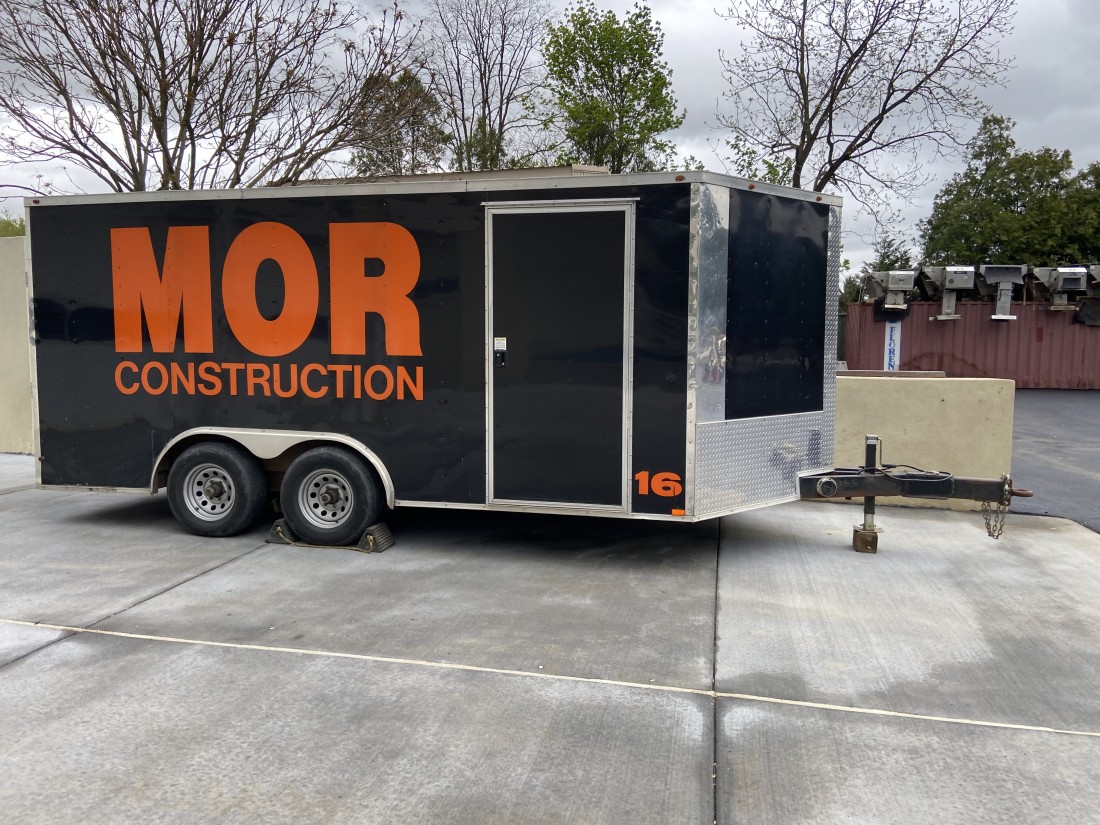
MOR Construction Services FAQs
At MOR Construction, we're always happy to answer your questions about our services. After all, we want to ensure you understand what we do before you sign on the dotted line. Our experts are always available to answer any questions! If you’re curious about our services or what they can do for your business, take a look at our FAQS below and then give us a call! We would love to hear from you!
Call Now